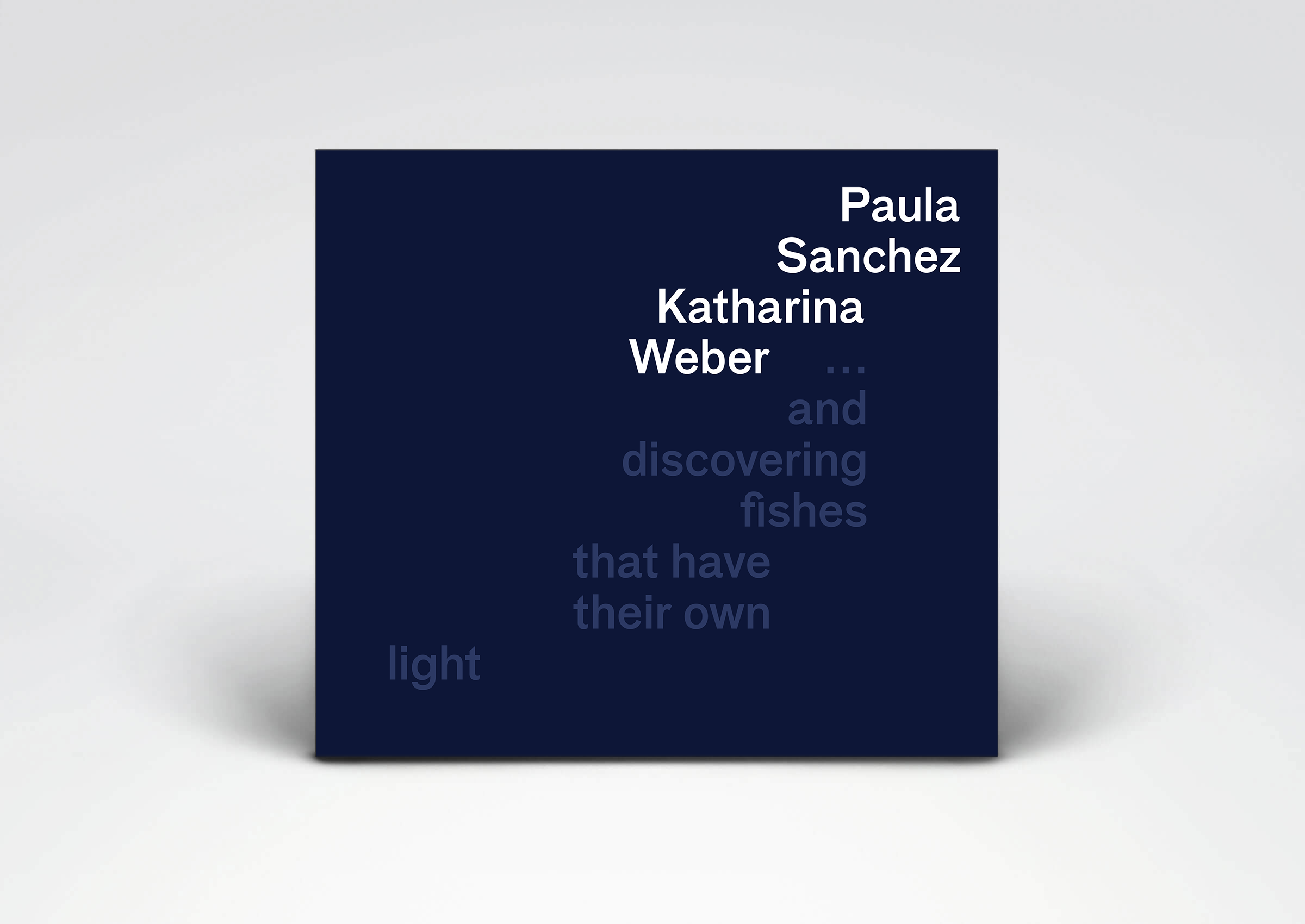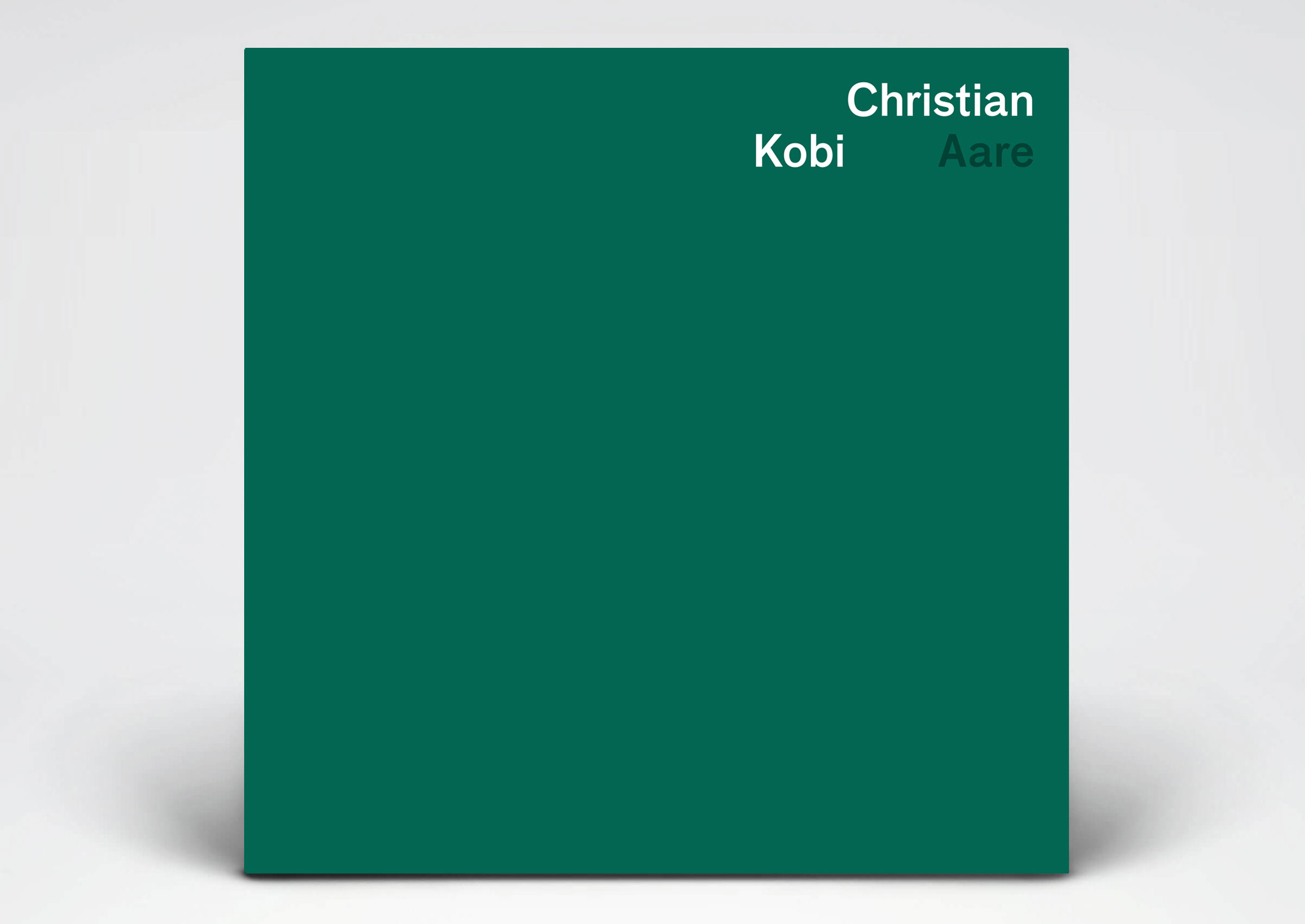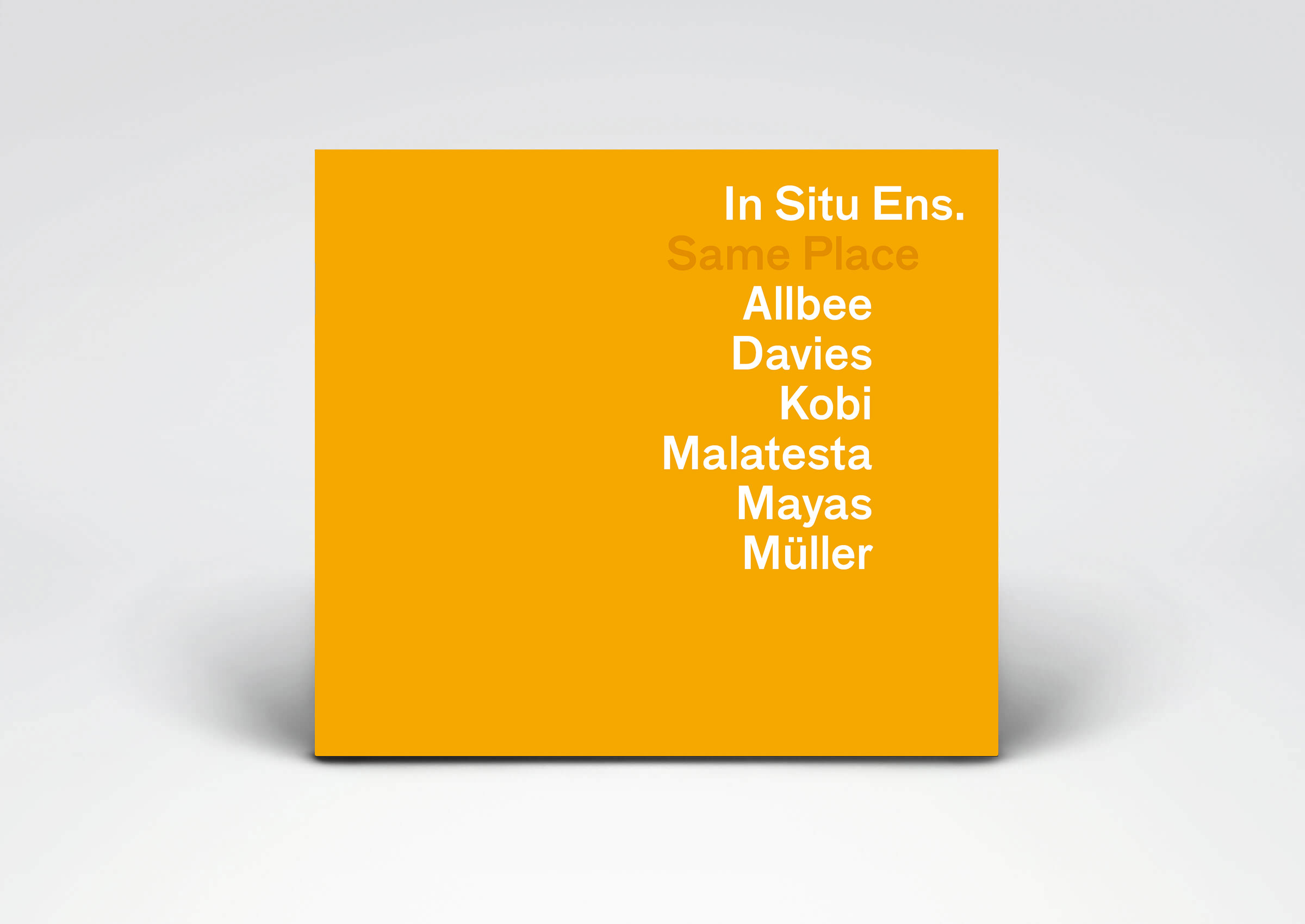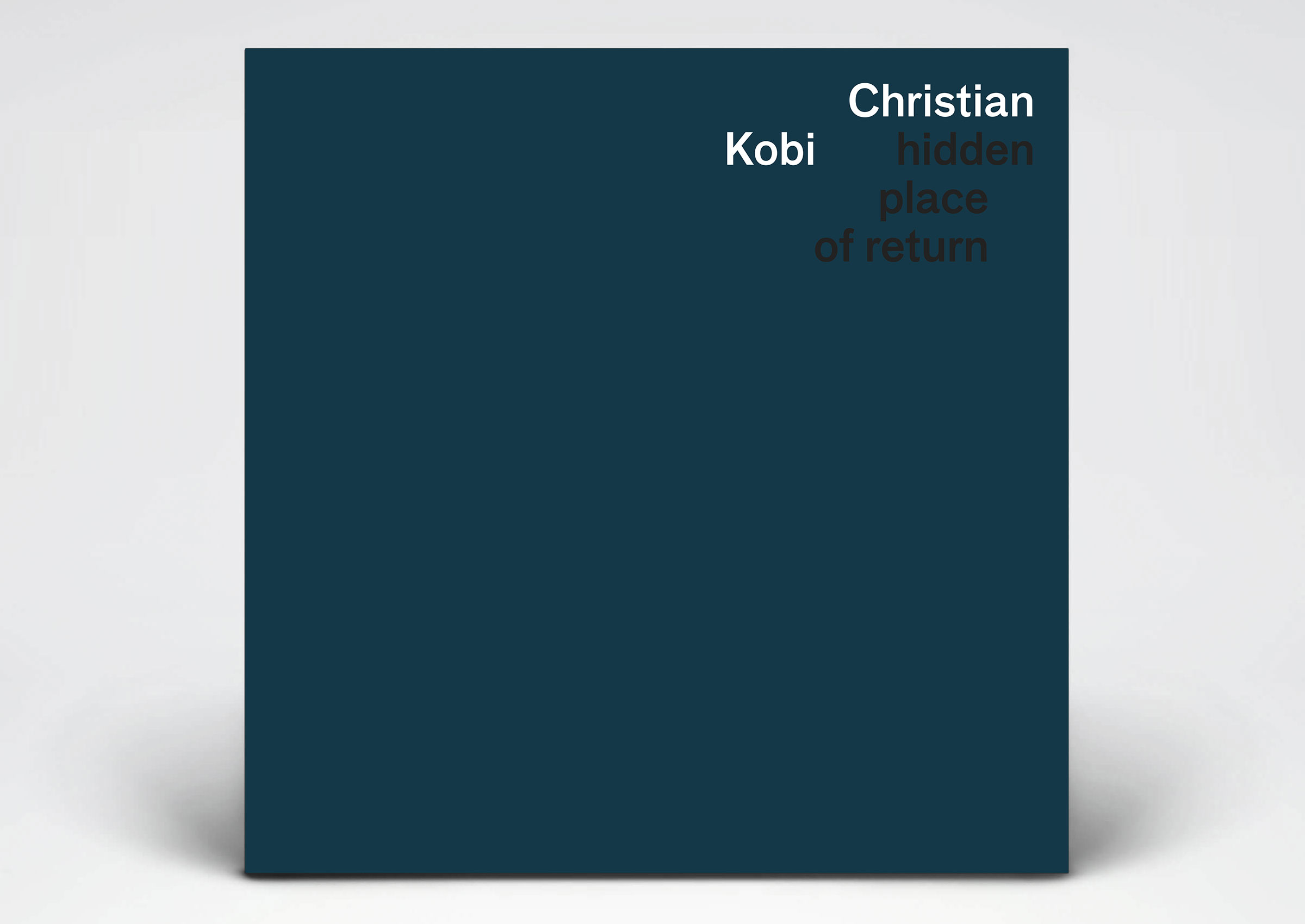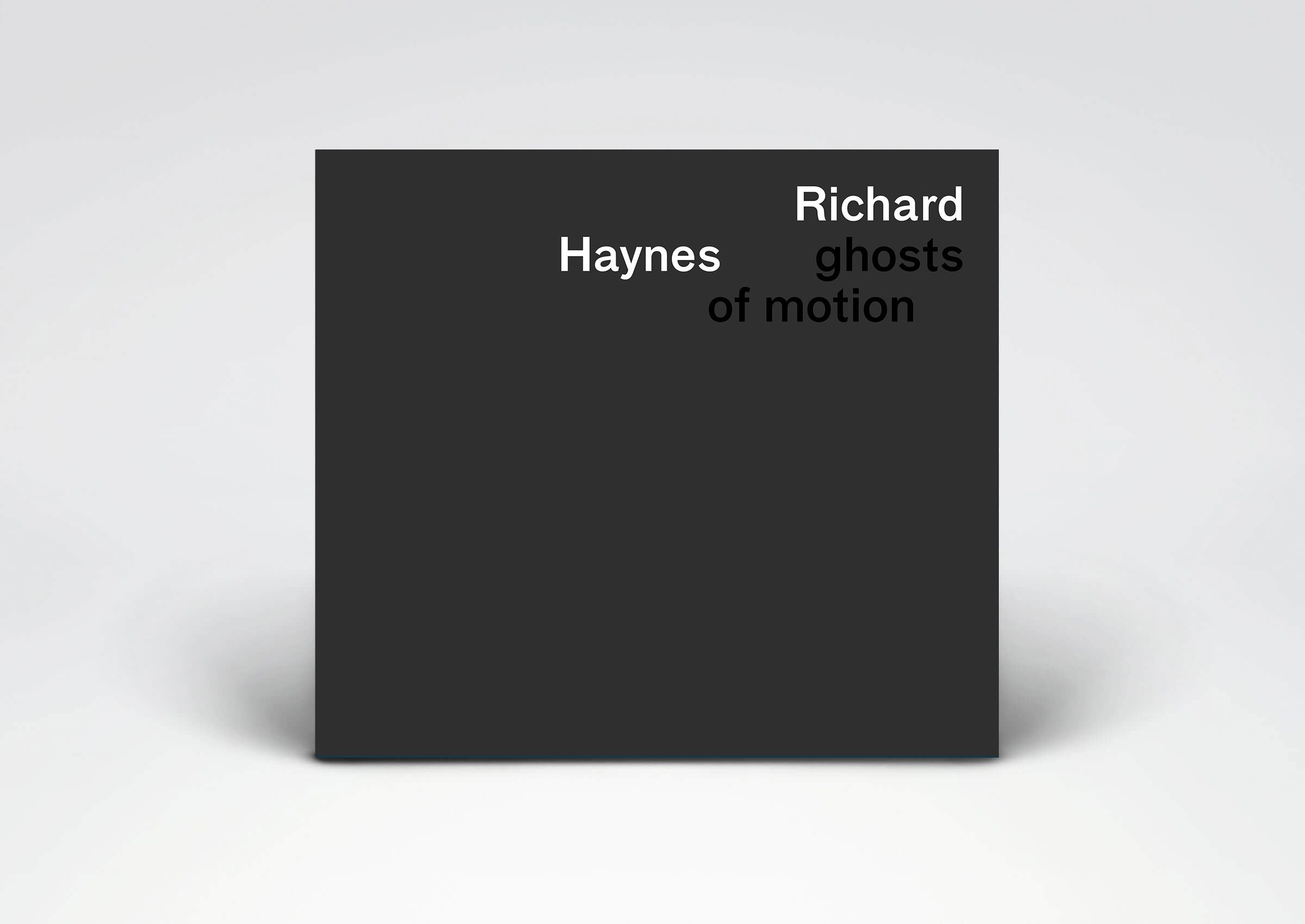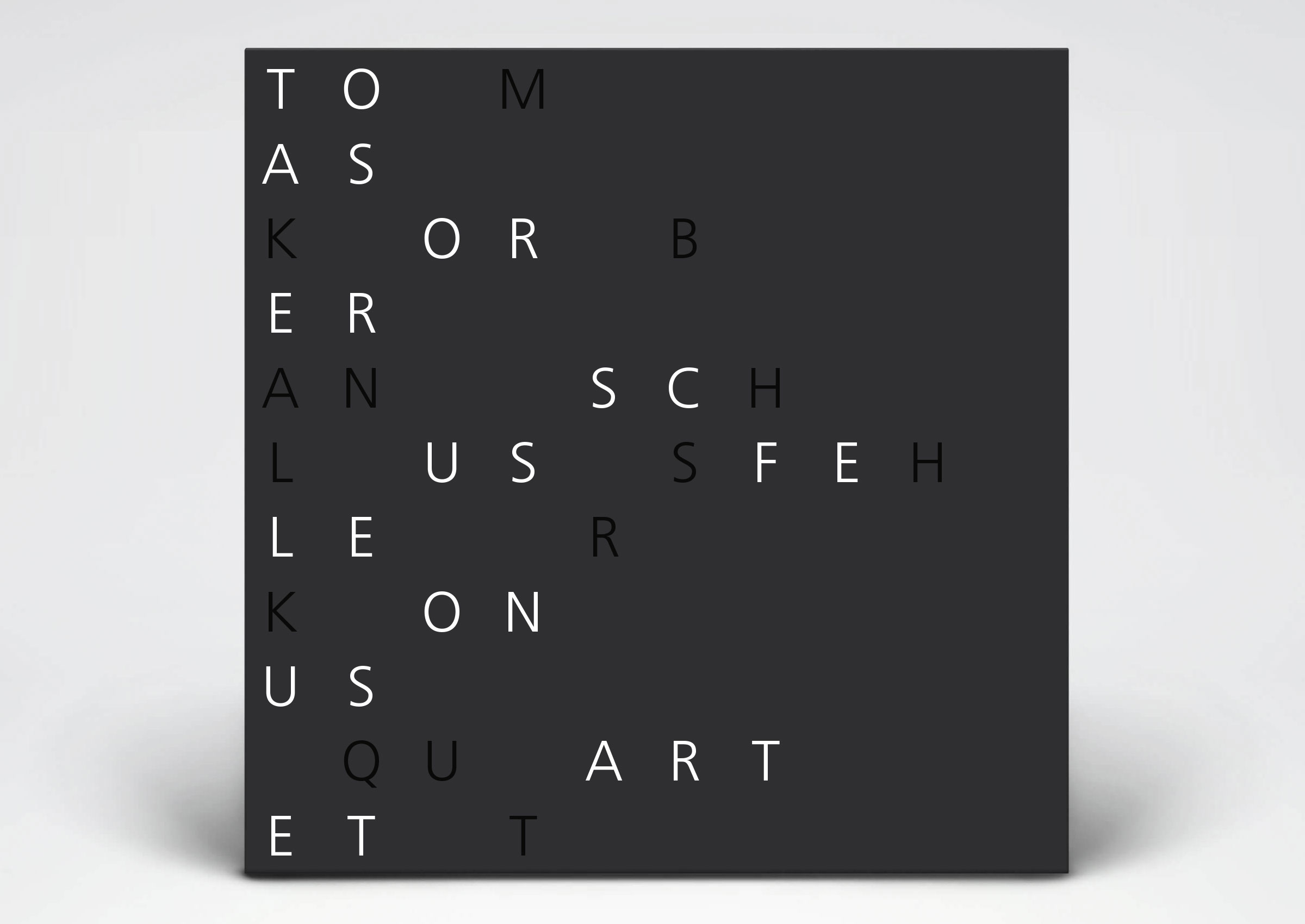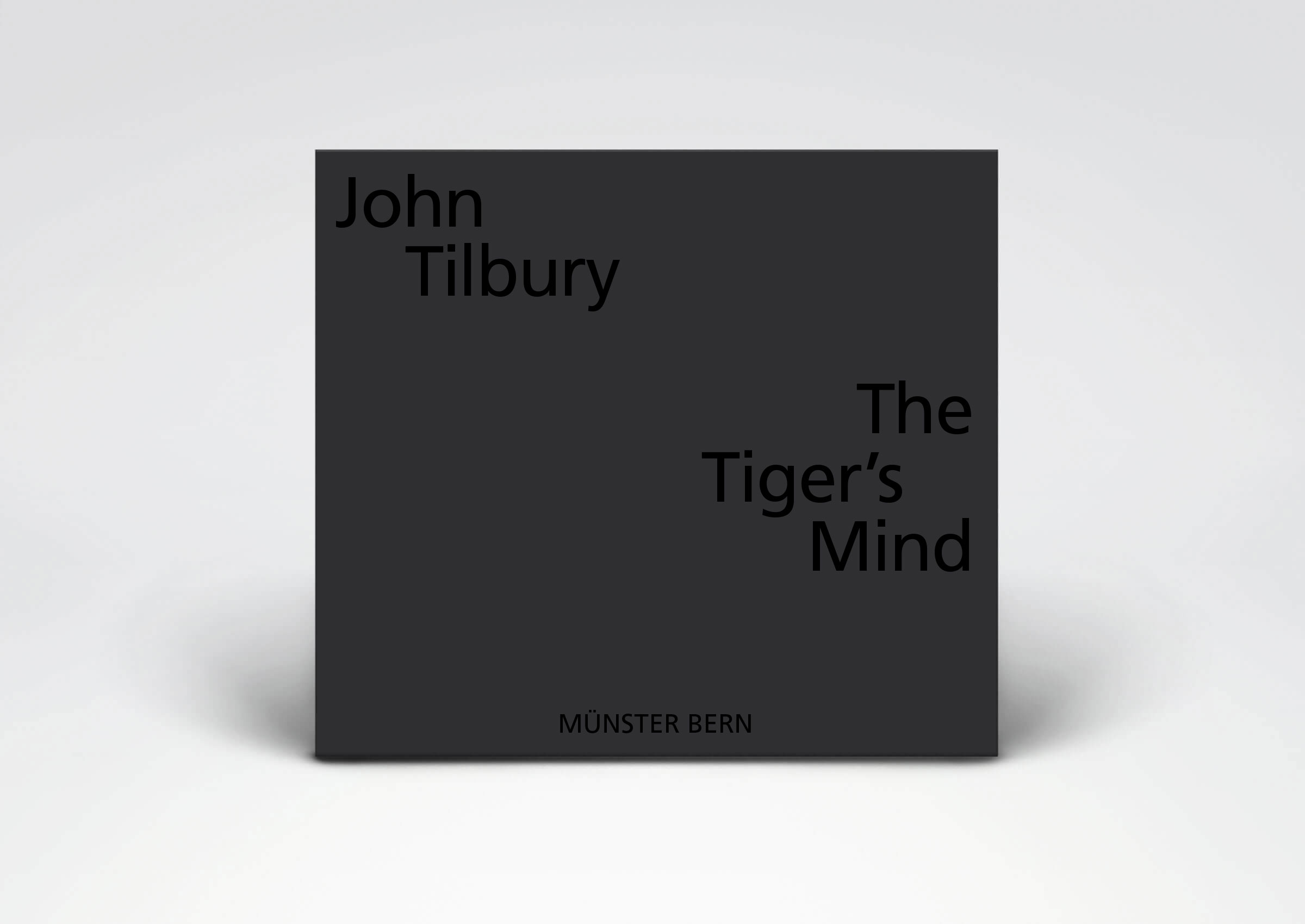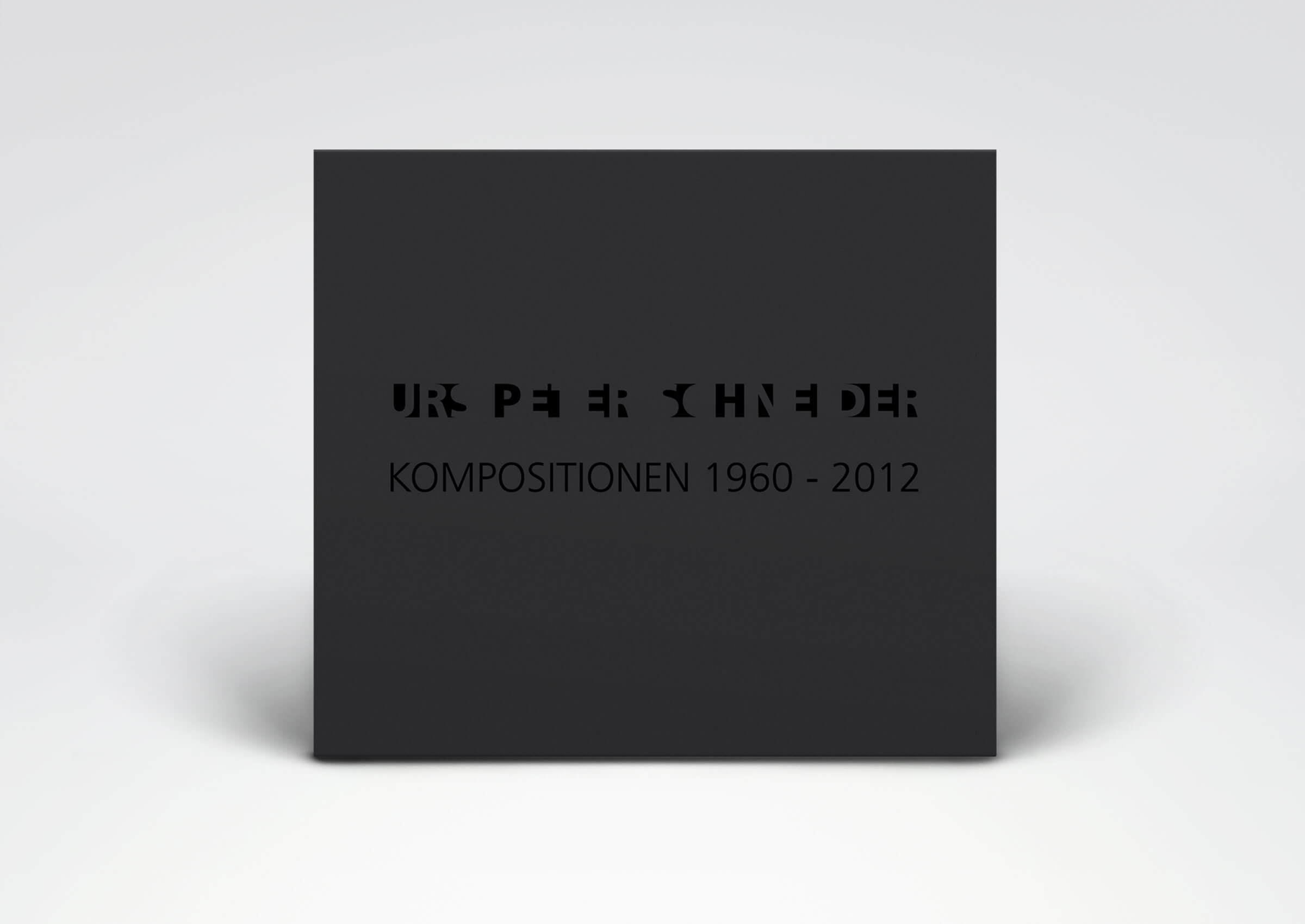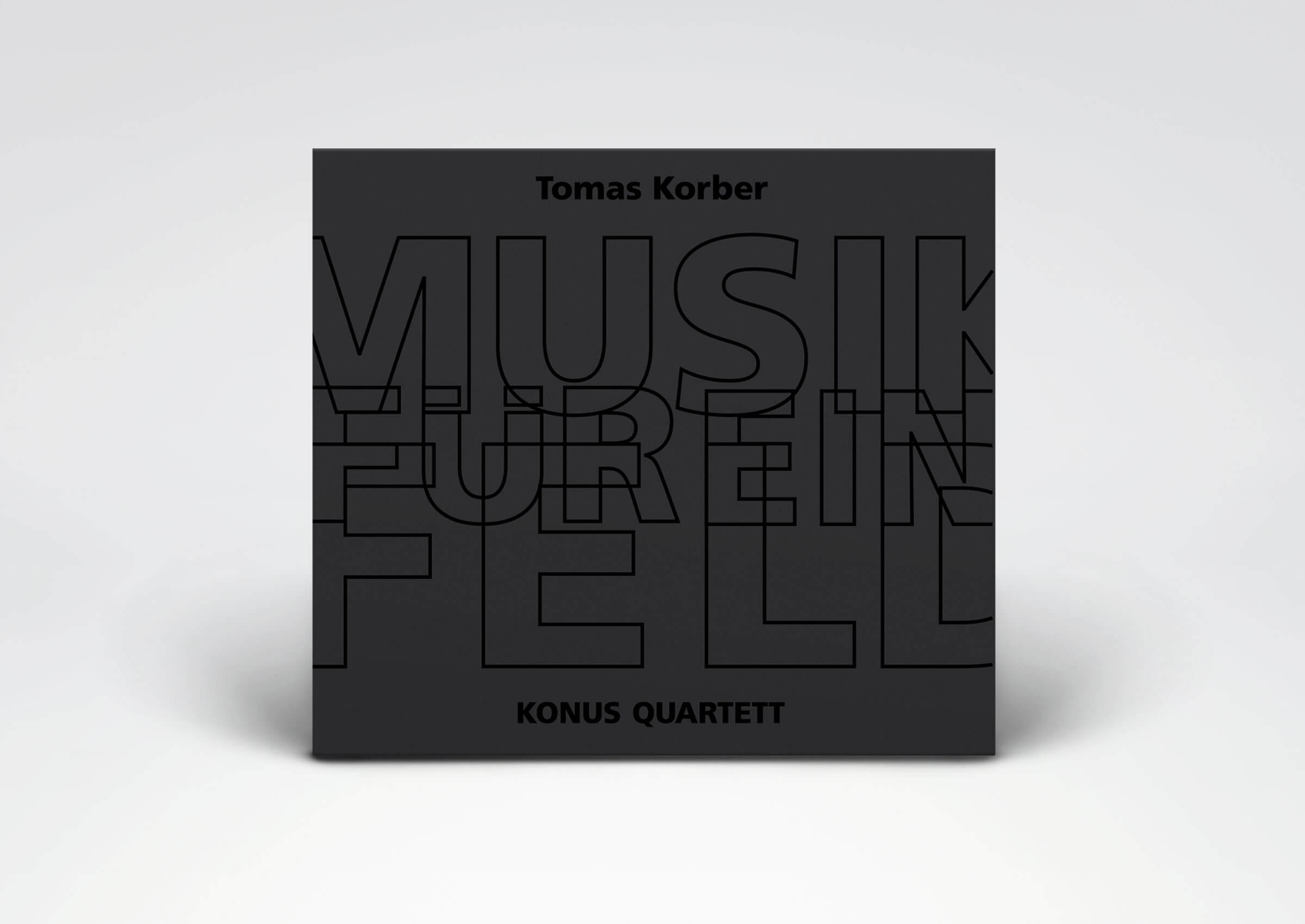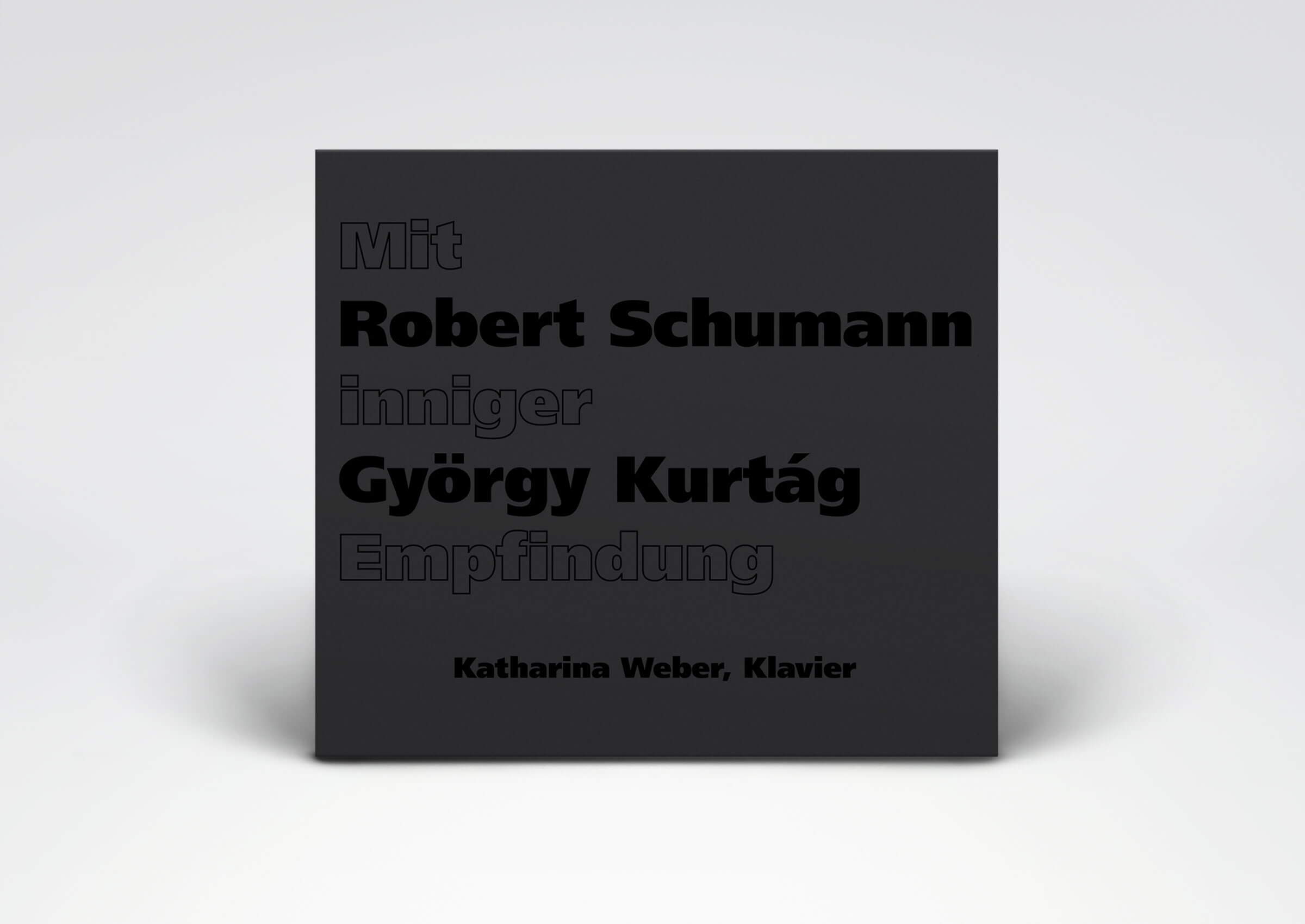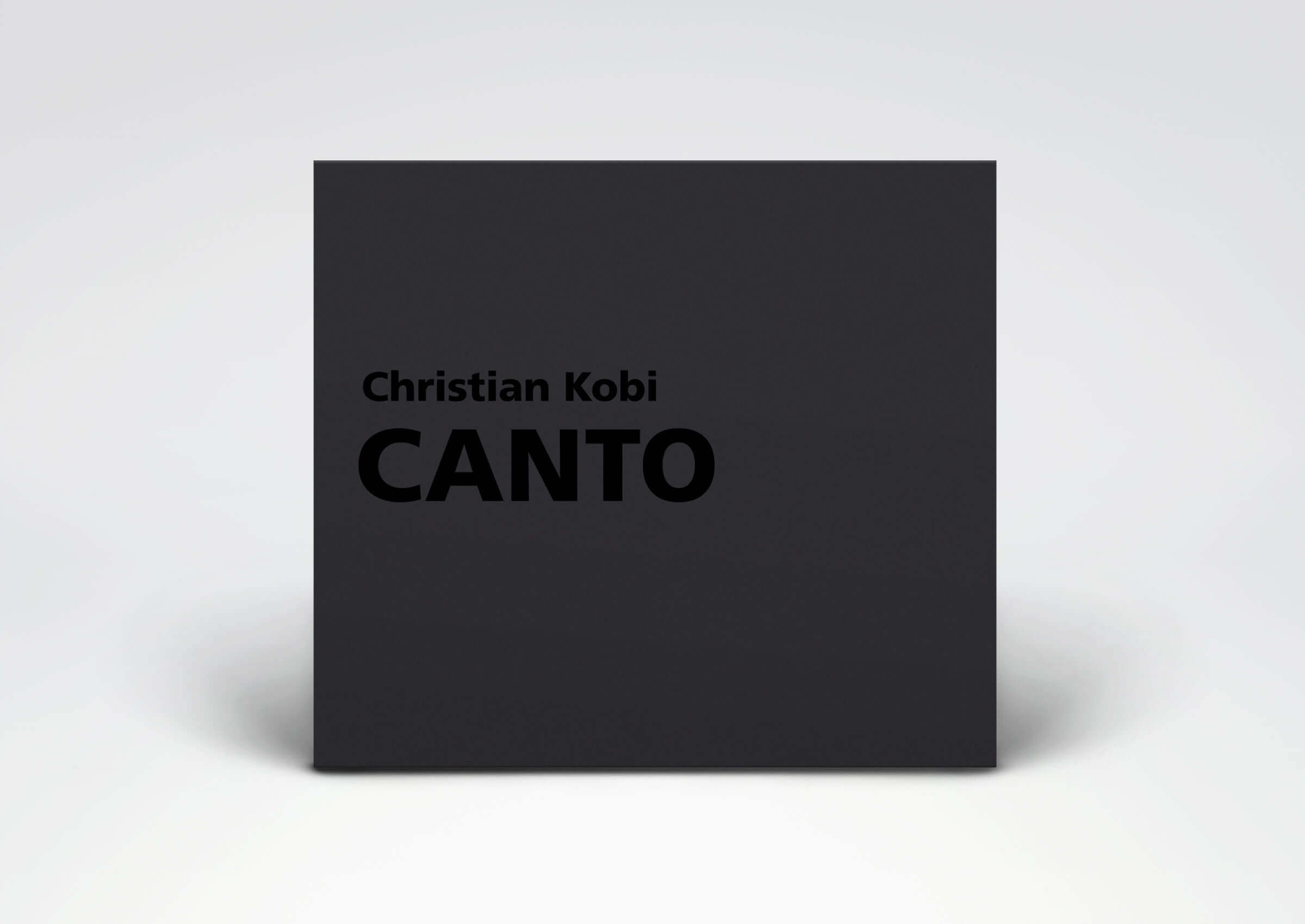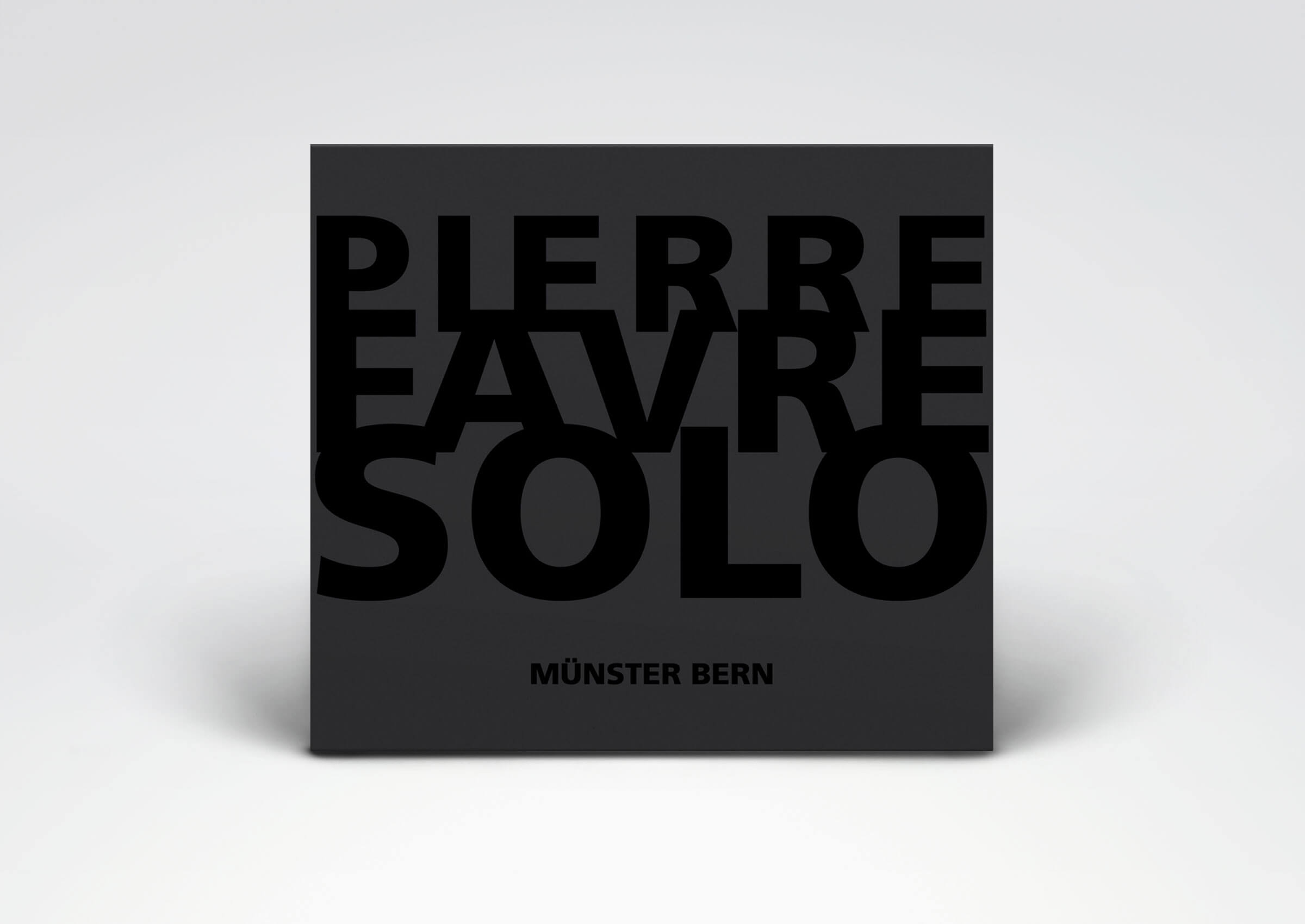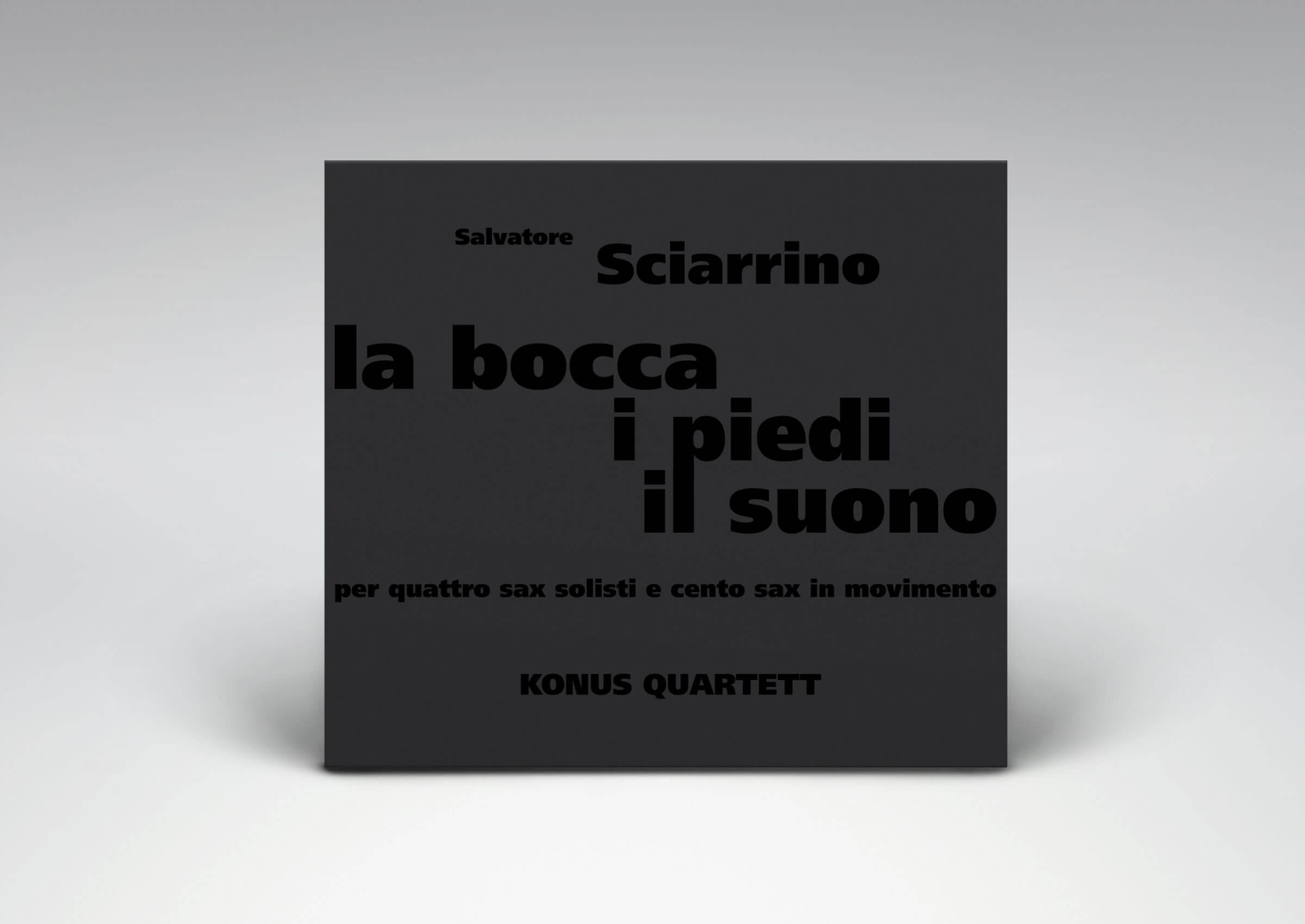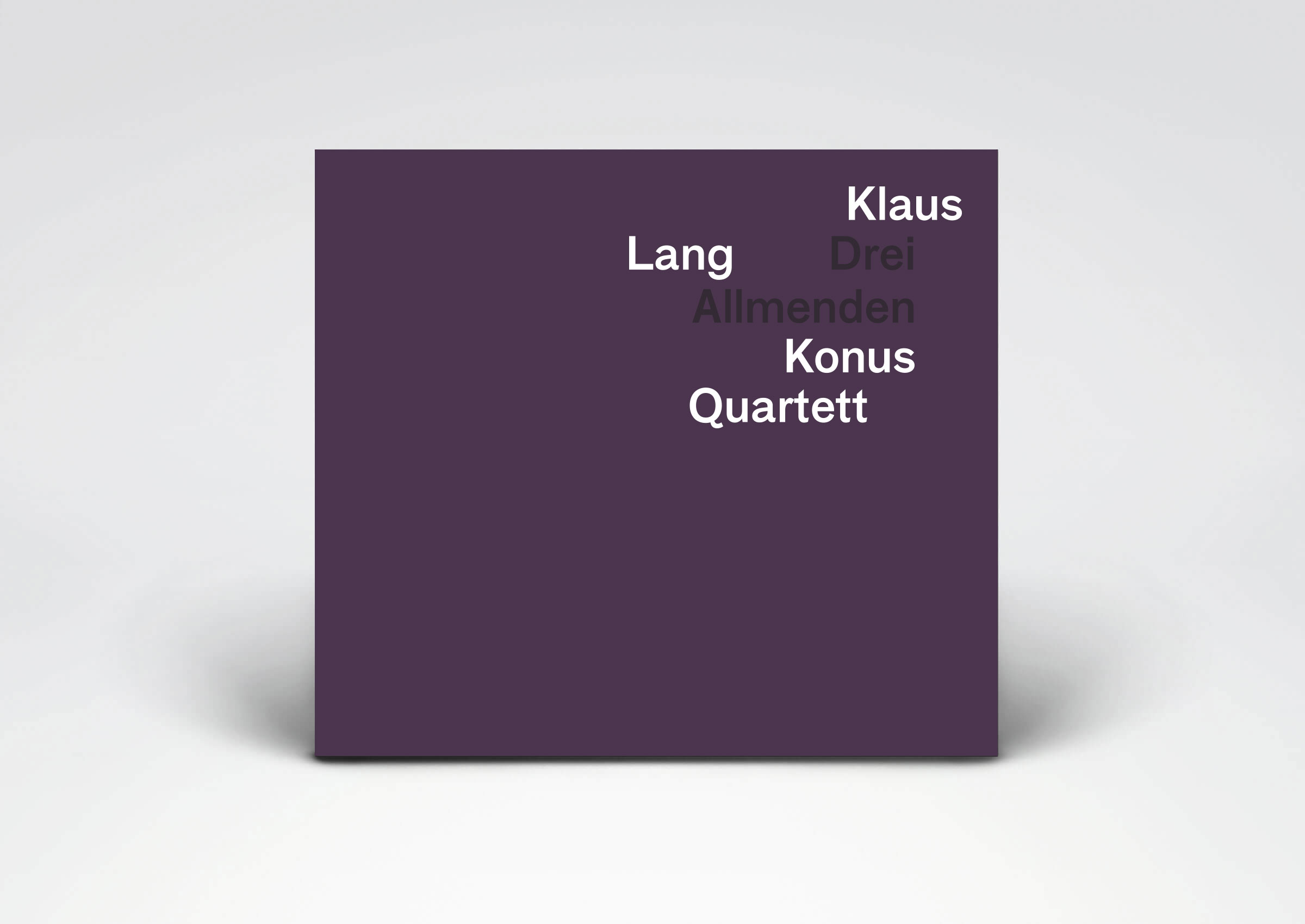

Klaus Lang & Konus Quartett
Drei Allmenden (2021)
item number CR376
CD Edition
Released June 15, 2021
buy it on bandcamp
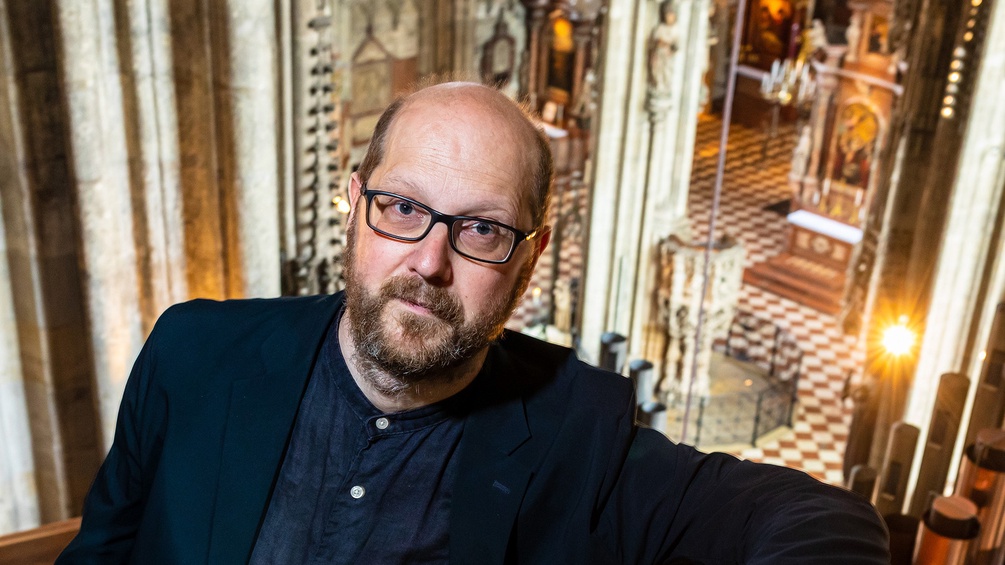
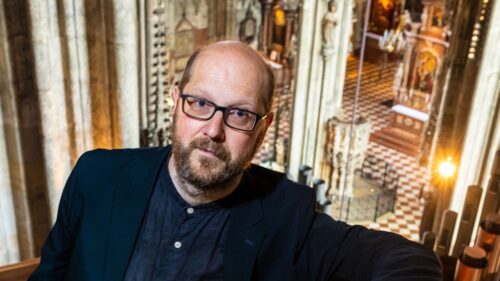
About «Drei Allmenden»
Over the course of music history scores have become increasingly prescriptive. The greater the composer's ego, the more they/he saw themself/himself in the role of the artistic genius, and the more counterpoint was replaced by emotional expression, the more detailed the scores became. All aspects of the music and its execution should be precisely determined by the brilliant composer and specified with the utmost completeness in the score. At the same time, the until then natural collaborative unity of musician and composer was slowly dissolved and with the Nazi prohibition of “degenerate” music in the 20th century, the connection between composer and interpreter on the one hand completely cut and, on the other, a canon created that has been going in circles, remaining unchanged for 70 years. By banishing living composers from mainstream musical life into small niches, the relics of dead composers, namely their scores, have become objects of quasi cult-like veneration within the operation of major concert halls, opera houses and conservatoria. The introduction, transfer and application of the Protestant principle “sola scriptura” from religion to music has led to phenomena such as historical performance practice and the Urtext edition: the scores were canonised, so to speak, with musicians thereby resembling priests and theologians. But is a score really the music? Where is the music? Is it in the composer's mind? Is it in the score, in the concert space or in the mind of the listener? With all this in mind, the music resulting from the collaboration with the Konus Saxophone Quartet, as well as other works of mine, are more closely related to the scores of the 16th and 17th centuries: many of these scores are very simple and clear, but they demand musicians who, through their powers of diminution and figuration in performance give the notated framework a certain sonic shine or are able to conjure up a susurrant soundscape using only a few instances of figured bass notation. However it must be noted that the more clearly formed and organised the fundamental structure, the more freedom there is for the player at any given moment in performance.
Klaus Lang, 2020
Audio
Drei Allmenden
Total Time: 43min 11s
excerpt from part 1
excerpt from part 2
excerpt from part 3
Press
Contents follows
About Klaus Lang
Klaus Lang (*1971 Graz / Austria) lives in Steirisch Lassnitz (Austria). He studied composition and theory of music (with H.M. Preßl, B. Furrer and Y. Pagh-Paan) and organ. Klaus Lang loves tea and dislikes lawnmowers and Richard Wagner. Klaus Lang’s music is not a means to convey extramusical contents, such as emotions, philosophical or religious ideas, political propaganda, advertisement etc… His music is no language used to communicate non-musical content. Music is seen as a free and selfstanding acoustical object. In his work he is not using sound, sound is explored and given the opportunity to unfold its inherent rich beauties. Only when sound is just sound it is percievable as that what it really is: a temporal phenomenon – audible time. Klaus Lang sees time as the genuine material of a composer and at the same time also the fundamental content of music. In his view musical material is time perceived through sound, the object of music is the experience of time through listening.
